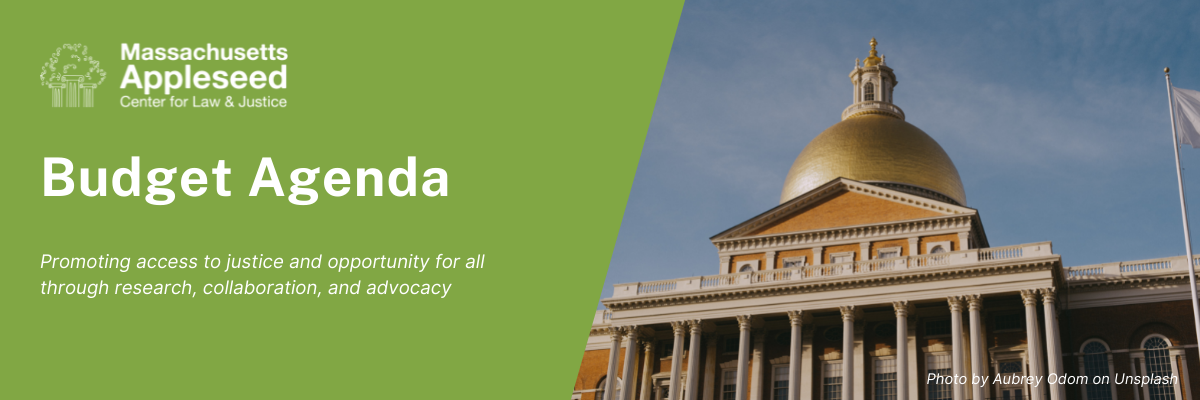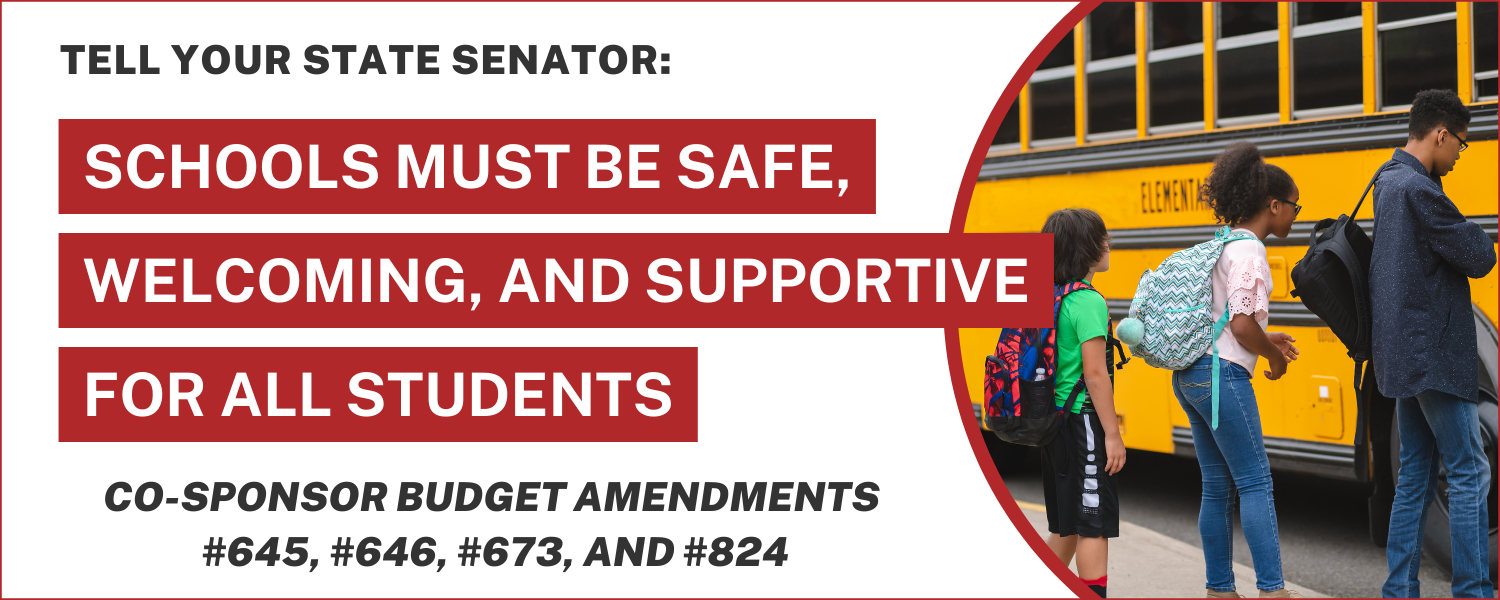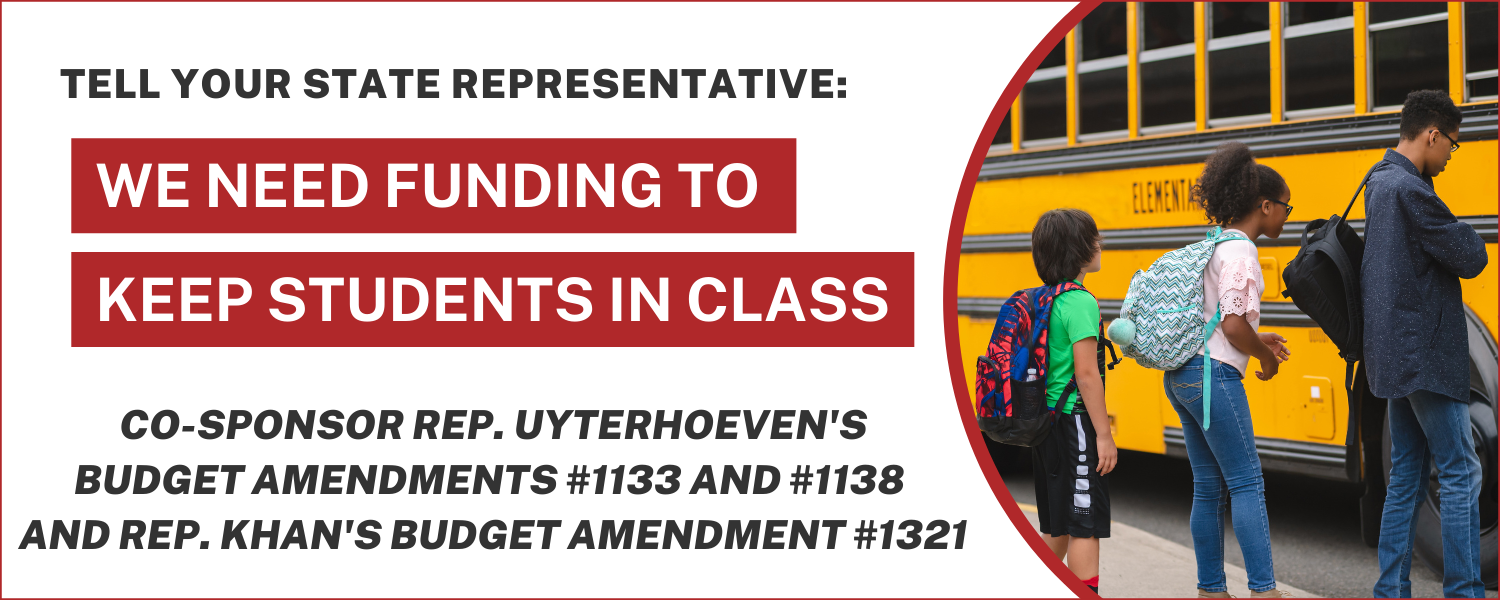Here at MA Appleseed, we use research to investigate and understand the pressing issues facing families and young people across Massachusetts. From that research, we develop solutions that are effective, practical, and informed by impacted community members.
But what type of data do we collect? Why? How? In this blog series, About Our Research, we will elaborate on our research ethos, data collection and analysis, and how we present our findings to advance real change.
This first blog post will address the age-old question: What is the difference between qualitative and quantitative data?
Qualitative data is focused on the subjective experiences, attitudes, and feelings of community members who are impacted by systemic injustices or who work on these issues. This kind of data is often collected via observation, interviews, focus groups, and other community-centered methods. Qualitative data tells the story behind social justice issues and trends. This kind of information helps us hear the experiences of those directly impacted by a problem, answering the “why” and “how” questions that arise regarding social inequities – why is this happening, how is this problem unfolding in people’s lives?
We analyze qualitative data by categorizing information into themes and highlighting narratives that tell the story of the issue. An example of qualitative data in action at MA Appleseed is our research on the accessibility barriers unrepresented litigants struggling with debt faced in virtual court hearings during COVID-19. For this project, we collected qualitative data through court watching (having volunteers observe and report on court proceedings) and interviews with key stakeholders.
Quantitative data is centered on objective numbers and often collected via surveys and the use of datasets, which are large collections of numerical information about a particular group or issue. This kind of data provides the hard and fast figures behind a social problem, explaining the extent of an issue using numbers. Quantitative data answers the “how much” and “how often” questions that arise when trying to address injustices.
We analyze this type of data by identifying patterns in the numbers to yield findings in ratios or percentages. For example, our School Discipline Data Dashboard presents an enormous amount of numerical data from the Massachusetts Department of Elementary and Secondary Education (DESE) in an accessible way, breaking it down by district and allowing users to see how the complexity of students’ identities correspond to instances of school discipline. Meanwhile, our report on language discrimination at the Massachusetts Department of Children and Families (DCF) uses publicly available documents to highlight important data points, like the number of language access complaints received by DCF within a 10-year period.
We primarily collect and utilize qualitative data for our research projects and when appropriate, apply a mixed methods approach that combines qualitative and quantitative data collection and analysis. This kind of project design allows for more well-rounded research and findings. For example, our research on girls of color and the school-to-prison pipeline uses quantitative data and analysis to understand the statistical disparities that girls of color face at school. Working with a Community Advisory Board, we also interviewed current students to hear directly from impacted girls of color who could speak about their lived experiences in Massachusetts schools. Considering that numbers and statistics only tell part of the story, we need qualitative data to fill in the gaps of the narrative and understand the context of the problem. Case in point, our first joint report on this topic found that Black girls in Massachusetts are four times more likely to be disciplined at school, but this statistic can easily be misconstrued by individuals arguing in bad faith. The qualitative stories and experiences shared by the girls we interviewed added necessary context and made it clear: Girls of color are punished more often and more harshly for the same behaviors as their white female peers. The combination of numerical data and detailed stories allowed us to compile a more comprehensive report.
The next several blog posts in this series will focus on how we go about collecting different types of data, offering a window into how we engage research participants in qualitative data collection and access quantitative data from state agencies. Stay tuned!
Want to stay informed on the latest issues Massachusetts Appleseed is working on?
Sign up for our mailing list.













